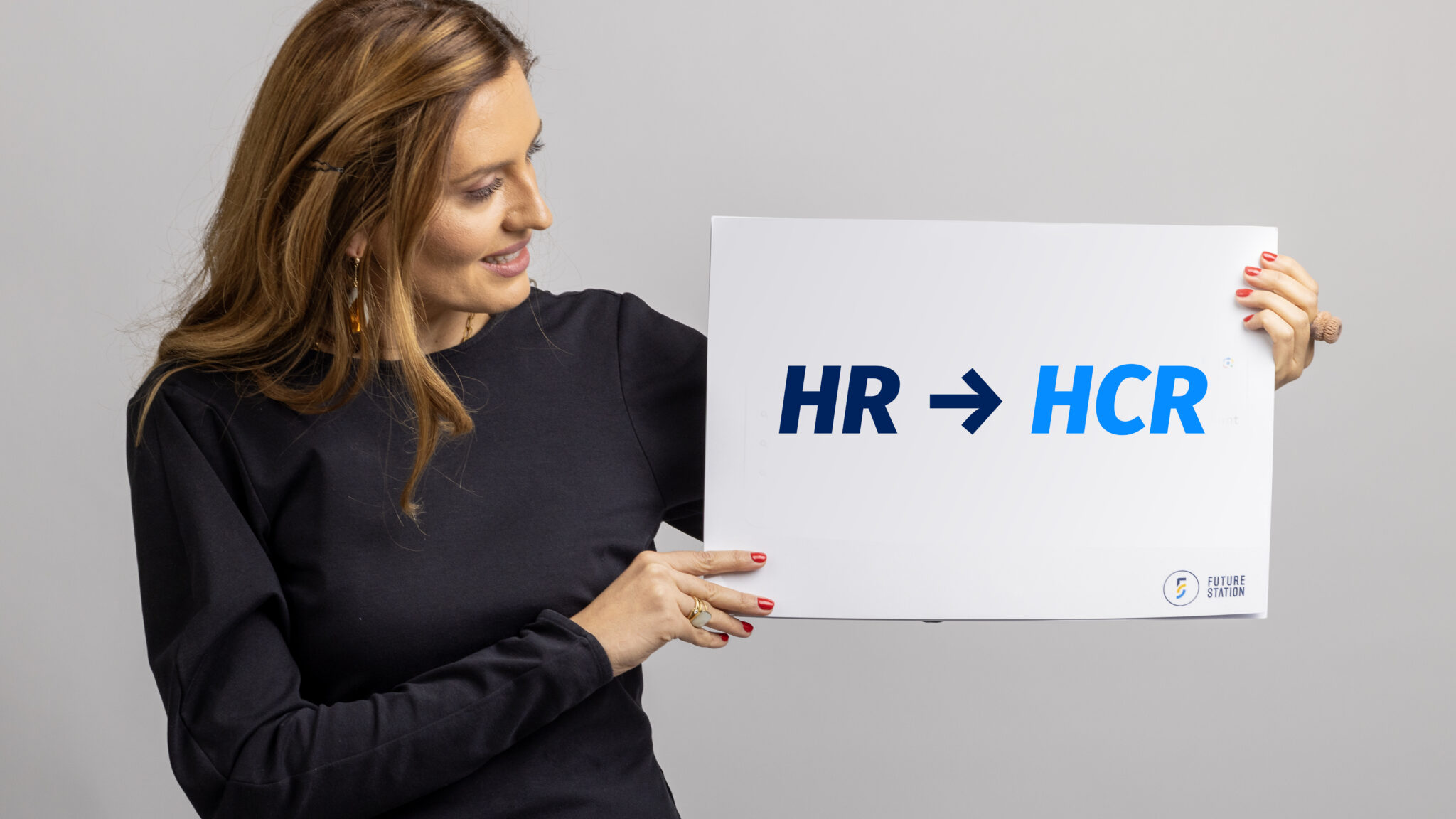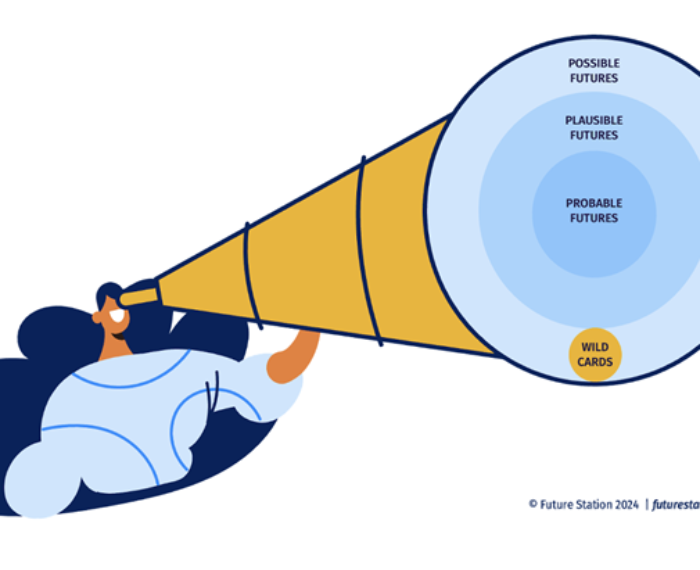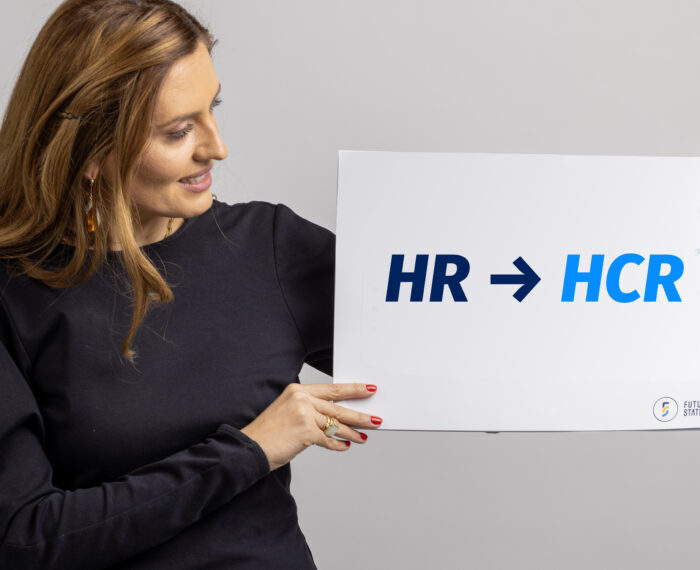
What if the future of HR is not HR, but HCR?
For some time now, I’ve been collecting signals, thoughts, and provocations about how the HR role might evolve in a world shaped by AI and human–machine collaboration. I hadn’t found the right moment to share them — until now.
Because yesterday morning, I came across a tweet by Tobi Lütke, CEO of Shopify, that brought it all back:
“Before asking for more headcount and resources, teams must demonstrate why they cannot get what they want done using AI. What would this area look like if autonomous AI agents were already part of the team?”
Close your eyes and imagine that. You need a new FTE in Sales — but before discussing compensation, you’d first have to prove that AI can’t do the job.
That simple shift would trigger new behaviors, new capabilities, new organizational logic.
It’s about reimagining HR for a hybrid future, where human and machine contributions are fluid, and augmentation becomes the norm.
So please reflect on this question:
What if the future of HR is not HR, but HCR – Human–Computing Resources?
Let’s imagine for a moment:
- Intelligent co-workers with powerful digital augmentation are everywhere, as Bob Johansen suggests in Full Spectrum Thinking.
- Automation of routine functions is expected — but the real disruption comes from digitally amplified humans.
- Machines become more human-centered, while humans become more digitally amplified.
- The boundaries between human and computing resources begin to blur.
- Productivity no longer comes from one or the other — but from the synergy of both.
- Being “digitally savvy” is no longer a skillset — it’s a baseline for defining talent.
This thought experiment is not just theoretical. There are already real-world signals that this shift may be underway. Here are just three:
1. AI as CEO
In 2022, Chinese gaming company NetDragon Websoft appointed an AI-powered virtual CEO named Tang Yu.
Under her leadership, the company’s stock reportedly outperformed the Hang Seng index. While this might be symbolic, this raises deeper questions:
What if AI leadership becomes normalized in some types of organizations? What does that mean for performance reviews, career paths — and people management?
2. AI societies in Minecraft
Altera, a startup co-founded by a former MIT professor, released over 1,000 autonomous AI agents into a Minecraft world.
With no human intervention, these agents:
- Created jobs
- Shared memes
- Voted on tax reforms
- Developed religions
This is more than a simulation — it’s a powerful signal of how AI can self-organize into systems that mimic real-world collaboration, complexity, and culture.
3. xAI raises $6B to build digital workers
In December 2024, xAI (founded by Elon Musk) raised $6 billion in Series C funding from Andreessen Horowitz, BlackRock, Fidelity, and others.
Their goal? To build digital workers capable of human-level results, challenging how we define a team, talent, and value creation.
Implications for HR — what could this mean for HR professionals?
If these signals continue, the role of HR could evolve dramatically:
- From architecting employee experience → to orchestrating hybrid ecosystems.
- From managing human capital → to designing human–machine capital.
Even employee expectations could shift:
- People may no longer seek help becoming “digitally savvy”
- Because digital fluency might be assumed — part of what it means to be talent.
So let me close with a provocation:
What if HR evolves into the art of orchestrating human and nonhuman capabilities?
Would your current organization be ready?
Let’s talk futures!



